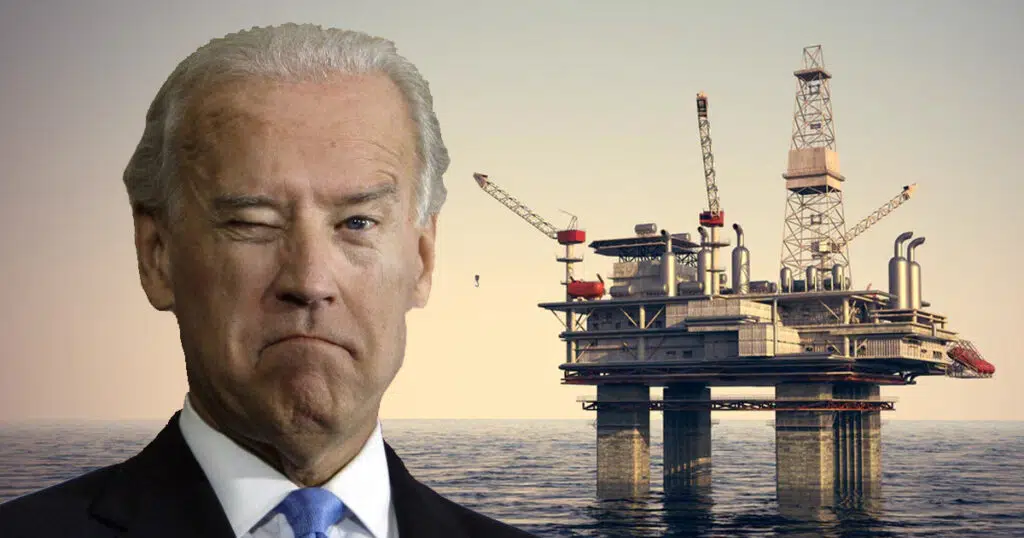
Twenty-three states ask Supreme Court to reverse energy-related decision
Twenty-three states are asking the U.S. Supreme Court to overturn a lower court decision that the attorneys general say could be a threat to the energy industry.
A brief filed this week by Louisiana Attorney General Liz Murrill and 22 other attorneys general wants the U.S. Supreme Court to throw out the decision, saying that it is as much about “federalism and state sovereignty as it is about environmental law.”
The case, Seven County Infrastructure Coalition v. Eagle County, Colorado, involves a proposed rail line in Utah’s Uinta Basin that would transport crude oil. Despite being authorized by the Surface Transportation Board, the rail line was halted in a decision by the U.S. Court of Appeals District of Columbia Circuit, the court which handles many administrative law cases.
The court cited the National Environmental Policy Act as its primary reason for halting the rail line, saying that the environmental impact statement failed to “quantify reasonably foreseeable upstream and downstream impacts on vegetation and special-status species of increased drilling in the Uinta Basin and increased oil-train traffic along the Union Pacific Line, as well as the effects of oil refining on environmental justice communities the Gulf Coast.”
It also said the environmental review didn’t closely examine potential impacts to water resources and accident risks.
“This is another example of federal bureaucratic overreach that will harm Louisiana and other States whose economies depend on energy, and all Americans who depend on those products,” Murrill said in a news release. “We’ll continue to defend Louisiana and fight the Biden-Harris administration’s disastrous energy policies every step of the way.”
The brief also says that the decision “undermines the federal and state regulatory schemes that already govern a barrel of Utah oil that may travel to Louisiana. As a result, the decision below threatens the foundation of cooperative federalism on which our environmental law is built.
“And even more fundamentally, the red tape demanded by the D.C. Circuit will only harm states whose economies depend on the energy industry and every American who depends on the products refined by such states.”
The state are Louisiana, Alabama, Alaska, Arkansas, Florida, Georgia, Idaho, Indiana, Iowa, Kentucky, Mississippi, Missouri, Montana, Nebraska, North Dakota, Ohio, Oklahoma, South Carolina, South Dakota, Tennessee, Texas, Virginia, West Virginia and Wyoming.



